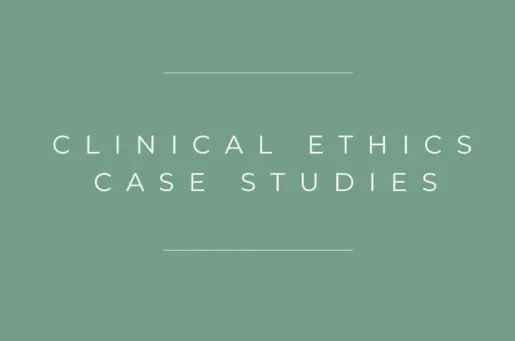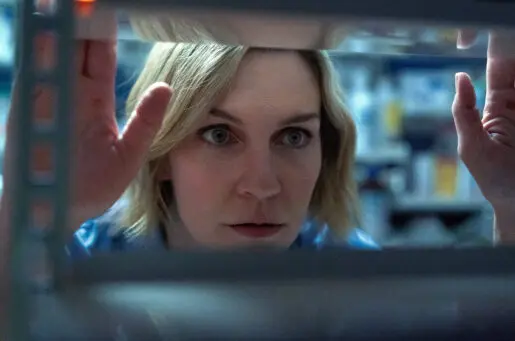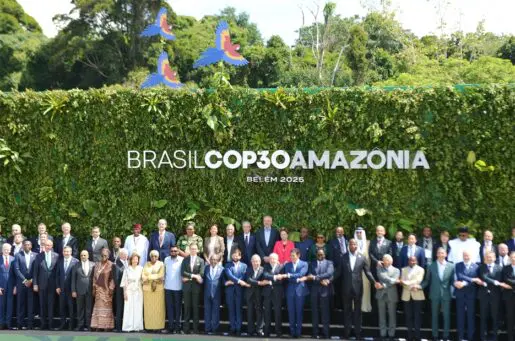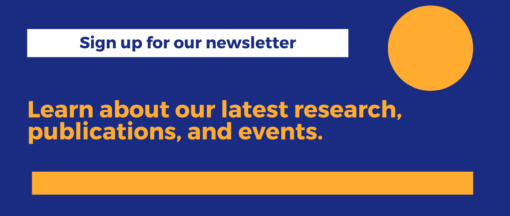Bioethics Forum Essay
Sweet Vindication for Stem Cell Research, and American Science
A small group of people with a severe form of type 1 diabetes have been successfully treated with pancreatic cells derived from human embryonic stem cells. This moment should not pass without recognition of the historical context.
At the turn of this century, Harvard’s Doug Melton, supported by HHMI (Howard Hughes Medical Institute), had the dream of stem-cell derived insulin-producing cells. After two of his children were diagnosed with the disease, he transformed his lab from studies of frog development to one specializing in the intricate and painstaking stem cell research that led to this achievement.
Nearly 25 years ago, amid the public roiling controversy about stem cell research, I joined several other bioethicists on an advisory council for HHMI. (The others were the late Baruch Brody, Alta Charo, LeRoy Walters, and Laurie Zoloth as the chair.) Whether or not to support human embryonic stem cell research was a deeply charged issue at HHMI and throughout the life sciences establishment. It is hard now to appreciate how heated the arguments on each side were. Among bioethicists profound disagreements about the moral status of the human embryo were exposed. Hastings Center co-founder Dan Callahan was so disturbed by the hard feelings that he organized several off-the-record meetings of “liberal” and “conservative” bioethicists, including members and staff of President George W. Bush’s bioethics council.
Rarely has an esoteric laboratory technology set off such a firestorm. By 2008 every major political candidate, including George W. Bush, Al Gore, Barack Obama, and John McCain had to have a position on the issue. That high-minded debate seems quite distant now, but the ethical question can’t be waved aside. How could the destruction of human embryos for the sake of science be justified, especially when the theorized benefits were so distant? Early excitement about the medical possibilities inherent in human stem cells did lead to over-promising. The trouble is that biology is a lot harder than coding an app over a long weekend. Laboratory work takes time and intellectual and material resources. The real world of disease is not reducible to ones and zeroes, at least not yet and certainly not then.
Embryonic stem cells are notoriously finicky. The precise chemical combination required to develop islet cells that could reside in the liver required a level of patience that few of us can imagine. The technical challenges were being realized amid a heated political environment that led to a presidential address in August 2001. President George W. Bush’s compromise allowed federal funding for research involving stem cell lines derived before the night of his speech. That Solomonic decision didn’t fully satisfy either side, but it enabled federal funding of enough of the research to allow it to continue. Critically, both Harvard and HHMI navigated their way through the storm with a long-term commitment to the science.
Painful and disconcerting as it was, the serious attention to the ethical issues involved in embryonic stem cell research was an important marker. Democratic societies should be sites of open and lively debate, however uncomfortable. Fortunately, the controversy abated somewhat by the end of the 2000’s, especially after science organizations crafted standards that guided researchers, institutions, funding agencies, and journal editors.
In the background, the scientists kept at it. Of the two million Americans with type 1 diabetes not all are so ill that they will directly benefit from their work, but all should be grateful.
What about future generations? Are they moral strangers? How should we weigh the numbers of people who will not suffer if these results are sustained? How does preventing their suffering and premature death factor into our moral calculus? A commonplace among psychologists is that drivers tend to notice the cars that pass them on the highway more than those that they pass. Similarly, we are not well evolved to appreciate abstract and future lives saved and suffering averted.
What, then, are we to make of the current administration’s assault on science? Can we be sure that the research that led to this point would even be practically possible now? Magic bullets are rare. Commitment to brilliant science requires the kind of imagination and courage that Melton, Harvard, and HHMI demonstrated a quarter of a century ago. Jonathan D. Moreno, PhD, is an emeritus professor at the University of Pennsylvania and a Hastings Center Fellow. His new book, Absolutely Essential: Bioethics and the Rules-Based International Order, will be published by MIT














A remarkable story of the success of scientific persistence and the importance of of bioethics as exemplified by Dan Callahan and others. Thank you for publishing this.
Yes, the Bush ethics group was very conservative. Elizabeth Blackburn, Nobel Prize recipient resigned from the panel. There was another breakthrough where some cells could be chemical moved back up the pluripotent “tree”. This was a major finding and was viewed as route to avoid use of embryonic cells. This should have been mentioned here.